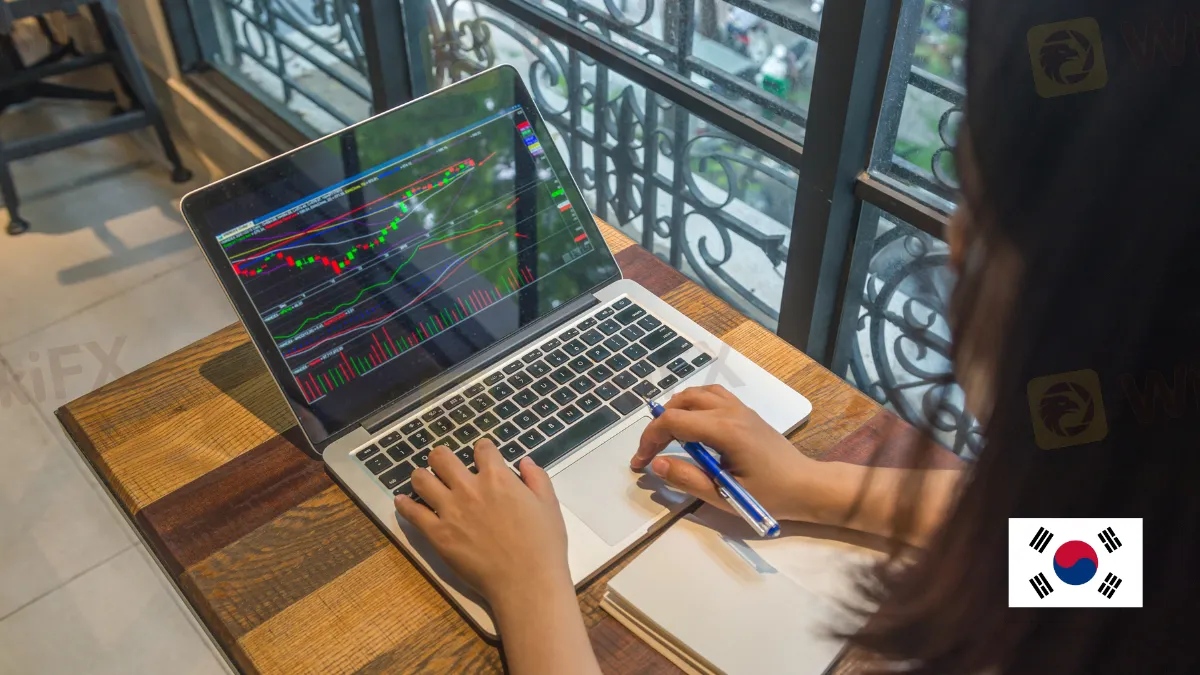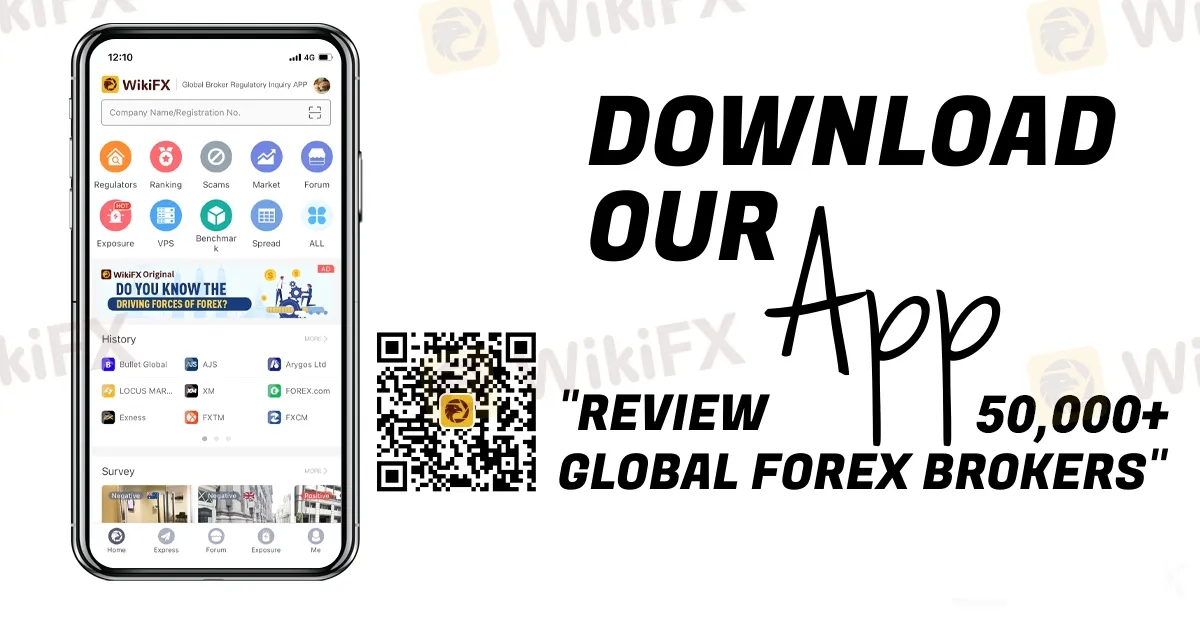简体中文
繁體中文
English
Pусский
日本語
ภาษาไทย
Tiếng Việt
Bahasa Indonesia
Español
हिन्दी
Filippiiniläinen
Français
Deutsch
Português
Türkçe
한국어
العربية
South Korea Extends Forex Trading Hours in Soft Launch
Abstract:South Korea is extending won-dollar forex trading hours from 9 a.m. to 2 a.m. to enhance traceability and attract global investors, maintaining stability and ample liquidity.

South Korea's extended forex trading hours for won-dollar transactions started successfully on Monday, according to the country's financial regulators. The move intends to increase the currency's trading availability and attract worldwide investors by expanding trading hours from 9 a.m. to 2 a.m., up from 9 a.m. to 3:30 p.m. before.
Choi Sang-mok, Deputy Prime Minister and Minister of Economy and Finance, paid a visit to KEB Hana Bank's headquarters in Seoul on Monday night, together with Bank of Korea Deputy Governor Ryoo Sang-dai. They examined the first day's trade under the revised timetable.
Choi noted that this structural change would connect Korea's forex market with global norms, increasing its openness and competitiveness. He emphasized that the government will continue to help local banks to ensure that these reforms occur smoothly.
Ryoo emphasized the role of domestic financial institutions in ensuring market stability throughout these changes. He emphasized that the government would continuously watch market patterns to guarantee stability.

Total spot trading volume for the first day of extended hours was $12.57 billion, with $2.46 billion transacted between 3:30 p.m. Monday and 2 a.m. Tuesday. According to the Bank of Korea, the average hourly trading volume from 9 a.m. to 3:30 p.m. was $1.56 billion, while the amount from 3:30 p.m. to 2 a.m. was $230 million.
Although trading volume declined dramatically during the extended hours, regulators highlighted that this trend is similar to other foreign currencies, which typically have lower volumes at night. Despite fears about heightened volatility, the market remained liquid and had a tight bid-ask spread.
The expanded trading hours are part of a larger effort to improve Korea's forex market and make it more accessible to international investors. This approach is also likely to enhance the long-term pricing differential between onshore and offshore exchange rates.
Kwan Ah-min, an analyst at NH Investment & Securities, said that better market access may attract more money, particularly in light of Korea's anticipated participation in the FTSE World Government Bond Index in September. This inclusion is part of the government's reform initiatives, with increased hours playing a crucial role.
Korea and India are now the only two nations in the world's top ten economies by nominal GDP that do not appear in this major bond index.
By 5 p.m. Monday, the Korean won had dropped 4.3 won to 1,388.8 per dollar.
Stay updated with the latest in the forex market! Get daily insights and news here.

Disclaimer:
The views in this article only represent the author's personal views, and do not constitute investment advice on this platform. This platform does not guarantee the accuracy, completeness and timeliness of the information in the article, and will not be liable for any loss caused by the use of or reliance on the information in the article.
Read more

5 Risks associated with Grand Capital
You can avoid fraud, crypto scams, and similar traps simply by staying informed. If you regularly follow forex news, there’s a lower chance that you’ll fall victim to such scams. Being aware is the only way to stay safe. That’s why you also need to know about the Grand Capital broker and why it should avoided.

Exposed: Ibell Markets - A Scam Broker That Does Not Allow Withdrawals
Ibell Markets adds to the infamous list of scam brokers who think about acquiring customers and their investments. But what about the withdrawal? Do they allow? Read this to find out.

Avoid Trendify: 5 Red Flags Revealed
Trendify is nothing more than a scam broker. It is one of those forex brokers that acts genuine but is actually full of red flags. Before you invest and fall victim to its investment scam, its better to check out the risks involved with Trendify.

Forex Interbank Rate & How It Influences Your Trading
A forex interbank rate is nothing but the wholesale currency exchange rate that banks and other major financial institutions use to trade currencies among themselves. Read more about it.
WikiFX Broker
Latest News
America's Deficit Reckoning: How the U.S. debt spiral could spark a crisis
Treasury yields hold steady as Trump extends tariff deadline
Gold Prices to Fluctuate This Week Amid July 9 Tariff Deadline, Fed Policy
Goldman Sachs revamps Fed interest rate cut forecast for 2025
Forex Hedging: Is It a Trader’s Safety Net or Just an Illusion?
OPEC+ members agree larger-than-expected oil production hike in August
Top Wall Street analysts are pounding the table on these 3 stocks
Stock futures fall after Trump team says tariffs will go into effect on Aug. 1: Live updates
FCA clarifies expectations on bullying, harassment and violence to deepen trust in financial service
Asia-Pacific markets mixed after Trump shifts goalposts on tariffs again
Currency Calculator


